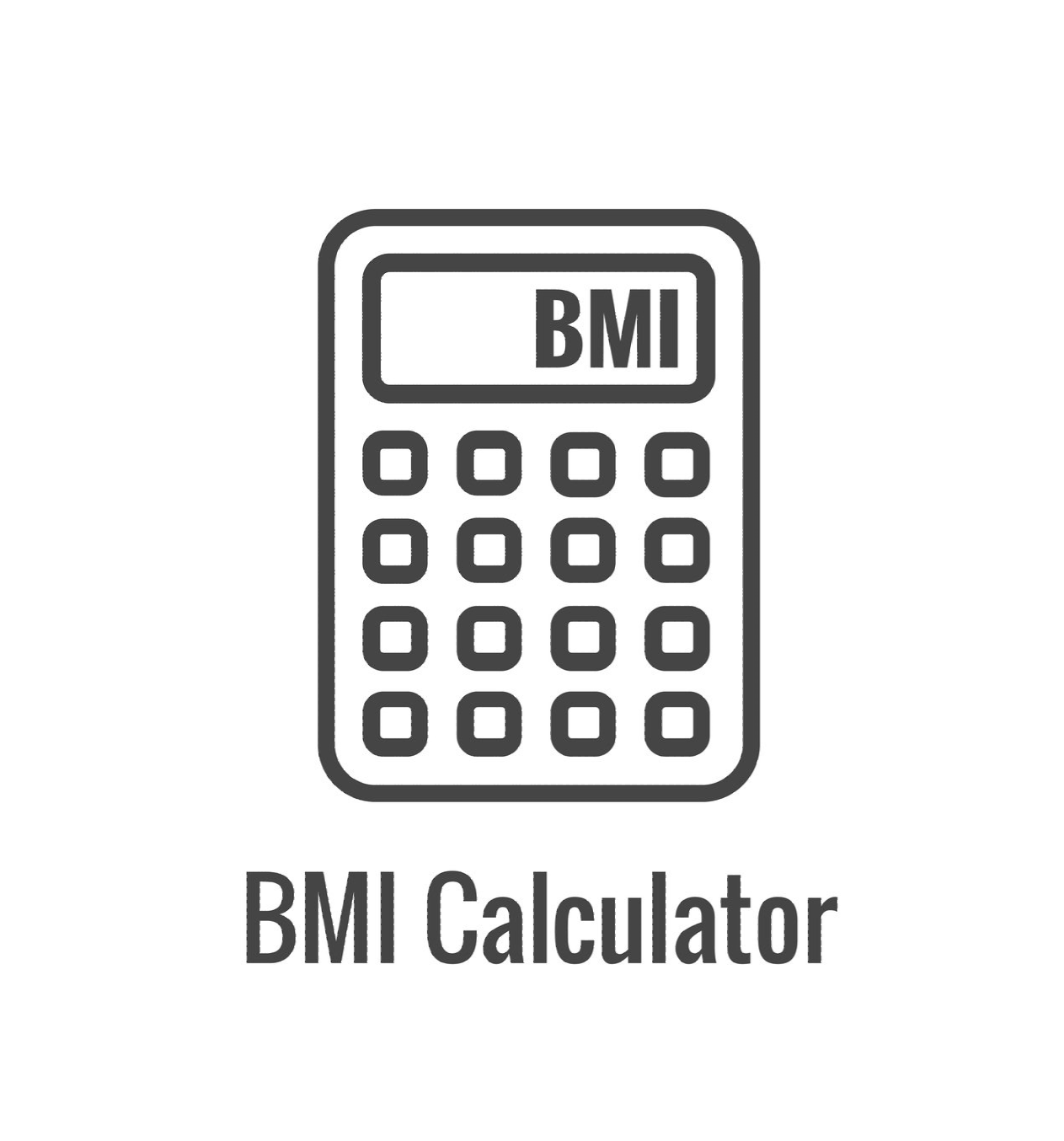BMI Calculator At Weight Loss+In Louisville
What Is Body Mass Index?
Your body's mass index (or BMI) is one of the tools used to determine if you are at a healthy weight or if you qualify for a bariatric weight loss program. Although a BMI calculation may be flawed in some circumstances – especially in professional athletes and other people with an increased muscle mass – it is typically a good indicator of obesity or being overweight.
This tool is a good place to start when determining your ideal weight; however, you should also discuss your weight loss goal with a medical professional. At
WeightLoss+ in Louisville
, we will complete a full body composition analysis, including a calculation of your body mass index, to best determine your ideal weight and daily calorie consumption need.
Calculate Your BMI
Your body mass index measures your height/weight ratio by dividing your weight by the square of your height. This number will indicate if you are a normal weight, if you are underweight, or if you are overweight (or obese). If you are concerned about your body mass index results, contact our Louisville Bariatric Weight Loss Clinic today to schedule a comprehensive body analysis!
Calculate Your BMI!
Supplied by BMI Calculator USA
UNDERWEIGHT
less than 18.5
NORMAL
18.5 to 24.9
OVERWEIGHT
25 to 29.9
OBESE
30 or greater
Understand Your BMI Results & How Weight Loss+ Can Help!
As mentioned above, your BMI is just one of many tools to help determine if you need to lose (or gain) weight. If your BMI is over 25, contact our Louisville weight loss clinic to get a full health risk assessment. We will tailor a safe bariatric weight loss plan to help you reach a healthy weight.
UNDERWEIGHT (Less than 18.5)
You might think that being underweight is better than being overweight. However, being underweight is associated with numerous health risks. It can also be a symptom of larger health problems. If you are underweight, be sure to speak to your doctor about your weight.
NORMAL (18.5 to 24.9)
If your BMI indicates that you are a normal weight, congratulations. Now, it is important that you maintain this weight in a healthy way. If you are unsure about a safe, healthy way to maintain a weight in the normal range, ask your doctor about creating a healthy diet and exercise program.
OVERWEIGHT (25 to 29.9)
A body mass index in this range is a strong indicator that you may be overweight. BMI readings in this range may be misleading for athletes, children, and certain ethnic groups; however, if your BMI is between 25 and 29.9 you should discuss your health risks and a healthy bariatric weight loss program with your doctor.
OBESE (30 or greater)
With the rare exception of some professional athletes and bodybuilders, if your BMI is over 30, you have increased health risks based on your weight. Obesity can lead to heart disease, stroke, joint pain, and more. If your body mass index indicates obesity, speak with a weight loss doctor today.
Frequently Asked Questions


